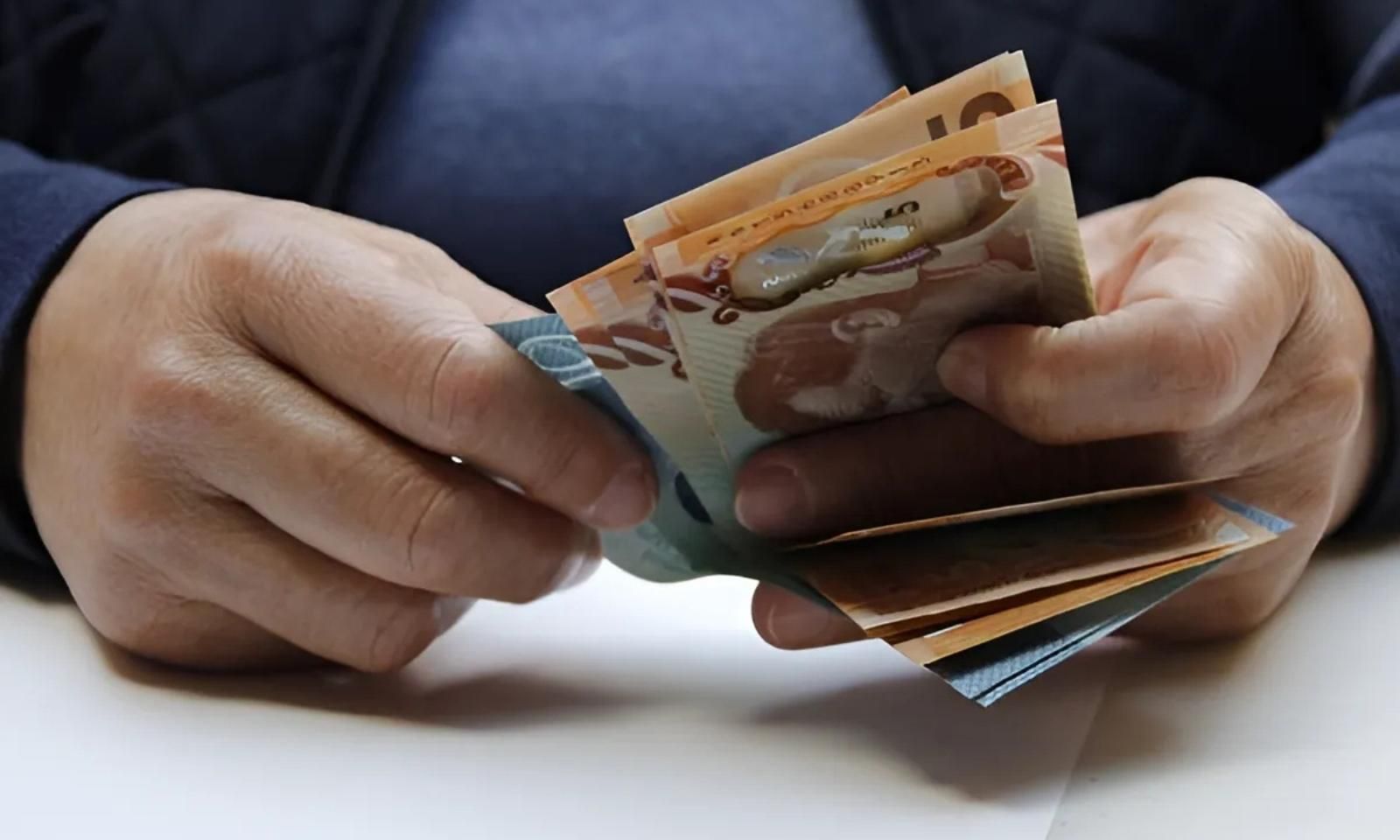

Community financial advocate Victoria Ongolea says KiwiSaver withdrawals due to hardship are becoming more common.
Photo/File
Pacific families turn to KiwiSaver as cost-of-living pressures rise
Financial adviser Victoria Ongolea says record hardship withdrawals highlight financial stress among Māori and Pasifika households.


Representation is key: Women taking the lead in sports storytelling

Three Houses Down ‘Turn Around’ love and life with new release

Pacific island countries turn to gold in search of economic sovereignty

Tonga's King calls for economic freedom and legacy of Constitution at 150th anniversary

Representation is key: Women taking the lead in sports storytelling

Three Houses Down ‘Turn Around’ love and life with new release

Pacific island countries turn to gold in search of economic sovereignty
A record number of New Zealanders are withdrawing money from KiwiSaver due to financial hardship, with an adviser warning about the long-term impact on lower-income families.
According to Inland Revenue, 5530 people withdrew a record $48.9 million from KiwiSaver for hardship reasons in September alone.
For the current financial year, total withdrawals have reached $134.6m, up 22.5 per cent compared to the same period last year.
Victoria Ongolea, a Tongan community financial advocate, says withdrawal requests are increasingly common among her Māori and Pasifika clients.
She says that unexpected costs can easily push someone into financial distress.
“It can be not affording your rent or your rent being in arrears, your power bill, your car repayment, medical bill, or sometimes funeral costs within your nuclear family,” she says.
Listen to Victoria Ongolea's full interview below.
“Life happens, and in most cases, people don’t have any emergency savings, so it’s just a cycle of financial decisions. For example, they might need $2000 to fix their car to get to work but they can’t get another loan because they already have bad credit.”
While the reasons for hardship withdrawals vary, Ongolea says cultural obligations significantly impact Pacific families. They often support extended family members, church communities, and villages back in the islands.
“We don't live as individuals. We live as a community. We are connected to families, friends, churches, and our village back in the islands. With all those commitments and relationships, it can be beneficial, but sometimes it can be detrimental financially,” she says.

Victoria Ongolea says financial literacy is key to breaking the cycle of indebtedness. Photo/File
Emergency savings and long-term impacts
Using KiwiSaver as a source of emergency savings can have consequences for the long-term financial security of Pacific families, especially concerning home ownership. Census figures from 2023 show that 16.8 per cent of Pacific people are homeowners, which is less than half the national average of 42.1 per cent.
Ongolea says most people understand that KiwiSaver is meant for retirement or as a deposit for a first home, and see a withdrawal as a last resort.
“They're already in a position where they don't know what else to do. So they're either referred by families or friends … or by their landlord or the finance companies because their car is about to be repossessed. But some of them are regulars, they just come to withdraw KiwiSaver because they’ve been there before,” she says.
Ongolea’s doctoral research focuses on Cultural Financial Capability Education in Tongan communities. She says a lack of financial literacy is a major barrier for many Pacific families and can contribute to ongoing financial hardship.
“It's a whole jargon on its own with lots of complicated terms in our financial system. It can be really hard for our people, especially when English is their second language or they grow up in families where finance and talking about money is not the norm at home,” she says.
“It's not only from cultural obligations but sometimes from poor financial decisions. When you don't know better, you can end up turning to high-cost lenders to meet social demands, and then families can continue in a cycle of indebtedness,” Ongolea adds.

Changes to KiwiSaver in 2026 are expected to help people save more for retirement. Photo/File
Looking ahead
Starting in April 2026, the default KiwiSaver contribution rate for workers and employers will increase to 3.5 per cent, rising to four per cent in 2028.
A spokesperson for Finance Minister Nicola Willis told Radio New Zealand the changes aim to help Kiwis save more and make the scheme more fiscally sustainable.
“An 18-year-old earning the minimum wage of just under $49,000 a year who invests in a balanced fund can expect to have almost $910,000 in KiwiSaver at age 65. Under the old settings, it would have been about $732,000.”
Ongolea supports measures that help Pacific families save for the future. She encourages families facing hardship to seek help early, before withdrawing from KiwiSaver, by using both community networks and professional services.
“As Pasifika, that's what we do. We live as a community. Getting help from your local budget services may be able to help you negotiate and apply for hardship with your finance companies, or reach out to those you’re in arrears with to set up repayment plans rather than withdrawing your KiwiSaver,” she says.